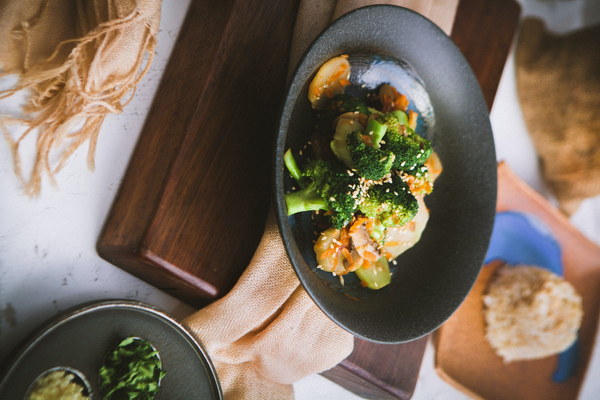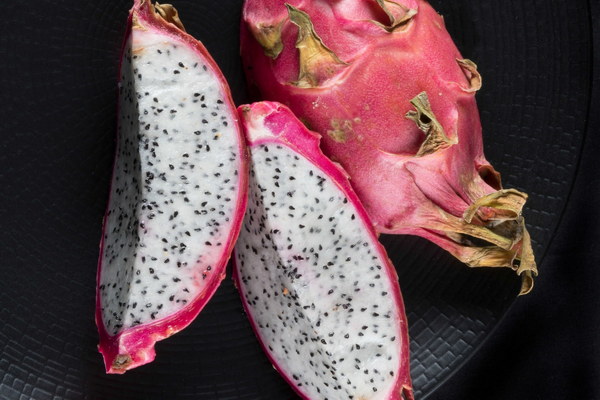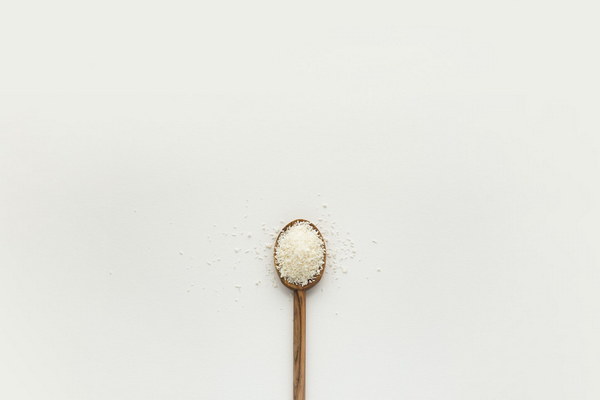Unlocking Nature's Remedies Exploring Traditional Chinese Herbs for Dampness Relief
In the realm of traditional Chinese medicine, dampness is often viewed as a common ailment that can lead to various health issues. Dampness is characterized by symptoms such as fatigue, weight gain, bloating, and a feeling of coldness. To combat this condition, numerous Chinese herbs have been used for centuries to alleviate dampness and restore balance to the body. This article delves into the world of traditional Chinese herbs, exploring their properties and how they can help in the battle against dampness.
1. Cinnamon (Cinnamomum cassia)
Cinnamon is a popular spice that also serves as a powerful herb in traditional Chinese medicine. Its warm and spicy properties help to expel dampness from the body. By doing so, cinnamon can alleviate symptoms such as cold limbs, joint pain, and digestive issues. Additionally, cinnamon is believed to improve blood circulation and boost the immune system.
2. Atractylodes (Atractylodes macrocephala)

Atractylodes is a staple in dampness-relieving herbal formulas. It has a sweet, slightly bitter taste and a warm nature. This herb is often used to treat dampness-related conditions such as edema, fatigue, and abdominal pain. Atractylodes can also help to strengthen the spleen, which plays a crucial role in the digestion and absorption of nutrients.
3. Poria (Poria cocos)
Poria, also known as Fu ling, is a versatile herb that is commonly used to relieve dampness and promote urination. It has a sweet, mild taste and is considered to be neutral in nature. Poria is often combined with other herbs to treat a variety of dampness-related conditions, including edema, urinary tract infections, and respiratory problems. This herb is also believed to help regulate blood sugar levels and enhance the immune system.
4. Hoelen (Pleurotus ostreatus)
Hoelen is a mushroom that is highly valued in traditional Chinese medicine for its dampness-relieving properties. It has a sweet, slightly bitter taste and is considered to be slightly cold in nature. This herb is often used to treat dampness-related conditions such as edema, fatigue, and water retention. Hoelen can also help to regulate blood pressure and improve cardiovascular health.
5. Alisma (Alisma orientale)
Alisma is a aquatic plant that has been used in traditional Chinese medicine for centuries to alleviate dampness. It has a sweet, slightly bitter taste and is considered to be cold in nature. This herb is often used to treat dampness-related conditions such as edema, bloating, and abdominal pain. Alisma can also help to improve digestion and reduce water retention.
6. Astragalus (Astragalus membranaceus)
Astragalus is a well-known herb that is often used to boost the immune system and enhance overall health. It has a sweet, slightly bitter taste and is considered to be warm in nature. Astragalus can be used to treat dampness-related conditions by strengthening the spleen and improving the body's ability to expel dampness. This herb is also believed to help in the treatment of chronic fatigue syndrome and other immune-related disorders.
In conclusion, traditional Chinese herbs have been used for centuries to alleviate dampness and restore balance to the body. By understanding the properties and uses of these herbs, individuals can explore natural remedies to combat dampness-related conditions. It is important to consult with a qualified practitioner before starting any herbal treatment, as individual needs may vary and proper dosage is crucial for effective results.









